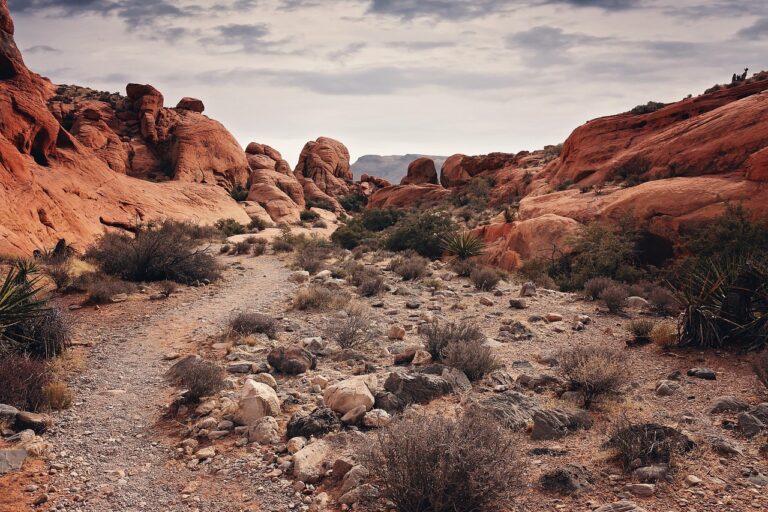Sustainable Tourism in Mountainous Regions: Responsible Trekking Practices, Wildlife Conservation Efforts, and Indigenous Community Engagement
Tourism can significantly affect mountain ecosystems, leading to both positive and negative outcomes. The influx of visitors into these fragile areas can put pressure on natural resources, contribute to habitat degradation, and disrupt wildlife behavior. Infrastructure development, such as roads and accommodations, may also fragment ecosystems and alter the landscape, impacting the delicate balance of species and habitats.
On the other hand, tourism can also raise awareness about the importance of conserving mountain ecosystems, fostering support for conservation efforts and sustainable practices. When managed responsibly, tourism can provide economic incentives for local communities to protect and preserve their natural surroundings. By understanding the impacts of tourism on mountain ecosystems, stakeholders can work together to implement strategies that promote conservation, ensure sustainable tourism practices, and safeguard the biodiversity of these unique environments.
Promoting Ethical Wildlife Viewing and Conservation Initiatives
Wildlife viewing is a popular activity that attracts tourists from all over the world. However, the impact of this activity on the natural habitat and behavior of animals cannot be overlooked. As visitors seek close encounters with wildlife, it is important to promote ethical practices that prioritize the well-being and conservation of these species.
Conservation initiatives play a crucial role in protecting wildlife populations and their habitats. By supporting responsible tourism practices and conservation projects, travelers can contribute to the preservation of biodiversity and help sustain the delicate balance of ecosystems. Through education, awareness, and collaboration with local communities, ethical wildlife viewing can be promoted as a sustainable and enriching experience for both tourists and animals alike.
Engaging with Indigenous Communities to Preserve Cultural Heritage
Engaging with Indigenous communities is crucial in preserving our cultural heritage. These communities hold valuable knowledge and traditions that are essential to understanding our shared history. By actively involving them in conservation efforts, we can ensure that their voices are heard and respected. Building strong partnerships based on mutual respect and understanding is key to safeguarding these rich cultural assets for future generations.
It is imperative to approach these collaborations with sensitivity and humility. Indigenous communities have a deep connection to the land and have been the custodians of their traditions for generations. By respecting their rights and involving them in decision-making processes, we can work together towards sustainable conservation practices that benefit both the environment and the cultural heritage of these communities. In doing so, we not only preserve their way of life but also foster a deeper appreciation for the diverse cultures that enrich our world.





